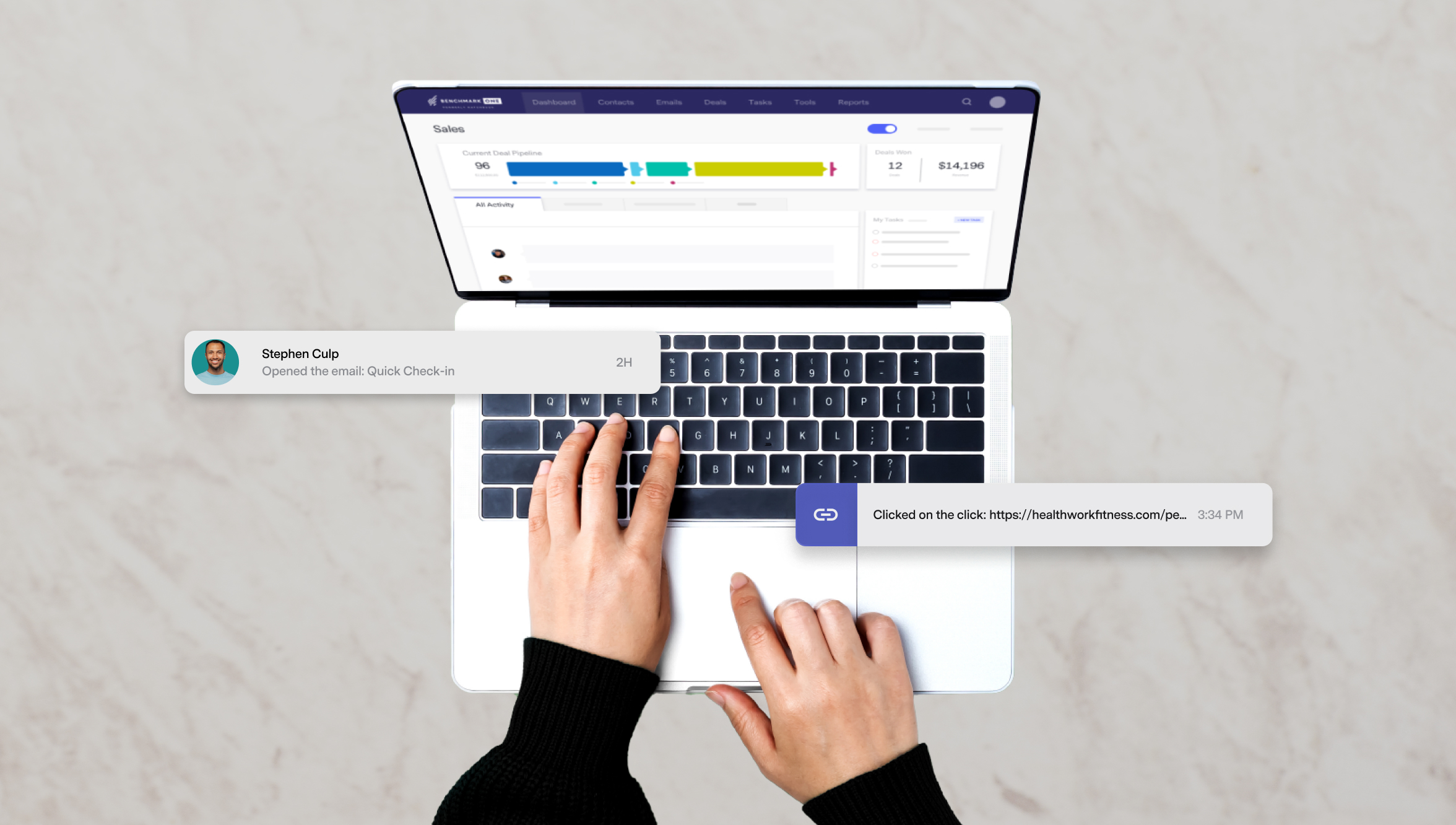Don’t Let the Sun Set On Your Emails: Create A Sunset Policy.
February 1, 2023 3 min read

Rejection comes in many forms.
Being stood up on a date; When your boss hard passes on one of your ideas; Or, when leads stop responding to your emails, just to name a few.
Rejection is no fun. It can make you feel like you don’t matter, or that all the effort you put in getting ready for that date or impressing your boss was pointless. But, how you choose to handle that rejection can make all the difference. You can either wallow in your rejection and never try at something again, or you can learn from it.
In marketing, when leads stop opening your emails, the message they’re trying to send you is clear: I’m no longer interested. While the rejection may sting a little bit, it’s more important to focus on how you’ll choose to move forward. Do you continue to waste your time and send more emails to these disengaged contacts? Or, do you find a way to manage them that is more beneficial?
What is A Sunset Policy, and Why Is Having One Important?
A sunset policy is a plan for managing leads who are no longer engaging with or opening your email messaging.
So, there are people who aren’t opening your emails, no harm, no foul, right? Wrong. Whether or not your emails make it to the inbox depends on a lot of factors, including your past track record. Every person who doesn’t engage with your email is a strike against you, and can negatively affect your sending ability in the future. If a contact continues to neglect opening your emails, their email provider will start to send your emails directly to the spam folder.
When one or two contacts become disengaged, it’s one thing. But when this becomes a pattern with numerous contacts within the same email provider, that provider could then filter out all of your emails so that none of them are being sent. This can even affect whether or not your emails are sent to those who have engaged with your emails in the past.
Disengagement has a wildfire effect and can quickly make your emails seem as if they’ve vanished into thin air. But when you have a sunset policy in place, you can help avoid this kind of disaster, and ensure your emails are being sent to those who truly want them.
The ABC’s of A Sunset Policy
Let’s get you started on a sunset policy that you can easily implement. First, here are some essentials you should know:
- Determine what disengagement looks like for you. Sure, this means unopened emails, but is there a pattern in which your leads become disengaged? Maybe you’re noticing that around your fourth or fifth email in your campaign, the open rate starts to decline. Knowing when it’s happening can help you determine if there’s anything you can do to make a particular email within your campaign better.
- Outline the next steps for removing a disengaged lead from your outreach. The longer you continue to send emails to a disengaged lead, the worse it is for your send reputation, so you’ll want to nip this in the bud asap. Depending on the functions of your marketing automation software, I suggest automatically removing them from your campaign after several unopened emails. Don’t worry; you can re-engage leads later down the line by reaching back out to them. Sometimes a little breather is needed.
- Stay consistent. Make sure once you establish a process for removing these leads from your outreach, you stick to it. Doing so will ensure you’re pruning your lists regularly and keeping them healthy so your future emails will continue to make it to your leads.
Creating Your Sunset Policy in Benchmark
Benchmark Email’s Smart Sending feature automatically removes unresponsive emails from your email list.
Our Smart Sending filter looks for contacts who have not opened or clicked through any emails sent to them within a specified time frame. These contacts are removed (but you can email them at a later date, perhaps for a re-engagement campaign). If they continue to be disengaged over the next few months, we suggest removing them from all future communication.
By systematically removing disengaged leads from your outreach, you’ll spend more time on actual potential customers and see your email analytics benefit.






